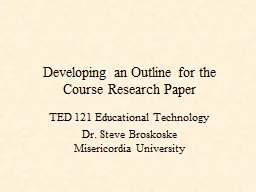PPT-History , Degree Part-2,Paper-3,Unit-2, Topic-
Author : ivy | Published Date : 2023-11-21
Alauddin Khalji2DrShakil Akhtarlect29 Administrative Measures Theory of Kingship Ala ud din like Balban believed in the divine right of king Considering him as
Presentation Embed Code
Download Presentation
Download Presentation The PPT/PDF document "History , Degree Part-2,Paper-3,Unit-2,..." is the property of its rightful owner. Permission is granted to download and print the materials on this website for personal, non-commercial use only, and to display it on your personal computer provided you do not modify the materials and that you retain all copyright notices contained in the materials. By downloading content from our website, you accept the terms of this agreement.
History , Degree Part-2,Paper-3,Unit-2, Topic-: Transcript
Download Rules Of Document
"History , Degree Part-2,Paper-3,Unit-2, Topic-"The content belongs to its owner. You may download and print it for personal use, without modification, and keep all copyright notices. By downloading, you agree to these terms.
Related Documents














